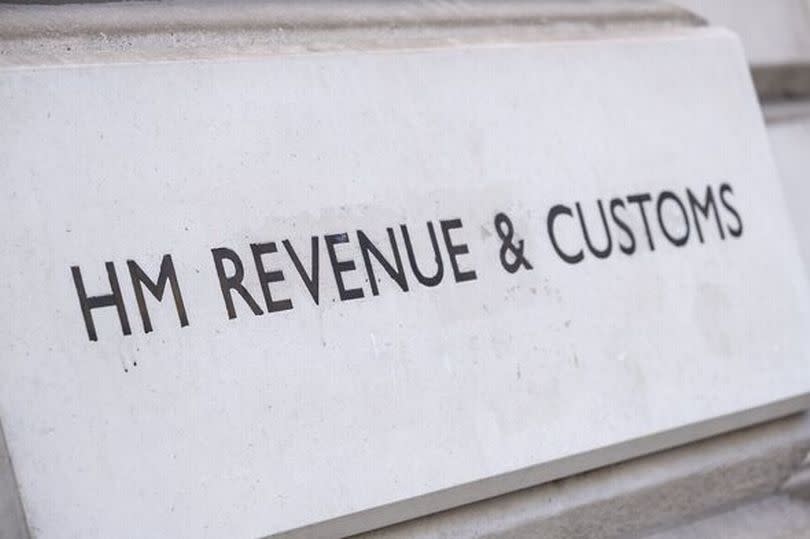HMRC loophole means everyone with a private pension can avoid tax

Individuals with private pension schemes - such as employer-contributed workplace pensions - have been alerted to a 'backdate' strategy that could significantly reduce their tax bill.
This entirely lawful tactic involves utilising a method that 'backdates' your pension's annual allowance, potentially leading to substantial tax savings. The pension's annual allowance is the maximum sum you can contribute to your workplace pension each year without incurring tax charges. For the current year, the limit is set at £60,000, having seen an increase of £20,000 from the previous year.
Contributions exceeding the £60,000 threshold are subject to taxation at your personal income tax rate. For those investing £60,000 into their pension, it's likely they're not on the basic tax rate, which means they could be forfeiting 40% or even 45% of any amount over £60k to taxes, reports the Express.
READ MORE Sainsbury’s shoppers using Nectar Card issued £168 warning
However, when completing a self-assessment tax return, it's possible to carry forward any unused allowances from the last three years - or four if you've never claimed before. This option can be particularly advantageous if there's been a sudden surge in earnings, unused allowances from prior years, or if you've received a one-time large sum, like an inheritance, and choose to allocate a portion to your pension.
By strategically transferring some personal allowance, you could save thousands in taxes on your pension contributions. As outlined by Gov.uk: "An annual allowance limits the amount someone can pay into pension schemes each year before they must pay tax. It is £60,000 in 2024/25."
"A person cannot usually receive tax relief on pension contributions worth more than 100 per cent of their annual earnings. However, people can still contribute £3,600 a year into a pension with tax relief even if they earn less than this.
"You'll get a statement from your pension provider telling you if you go above the annual allowance in their scheme. If you're in more than one pension scheme, ask each pension provider for statements. You might be able to carry over any annual allowance you did not use from the previous 3 tax years."

 Yahoo News
Yahoo News 
